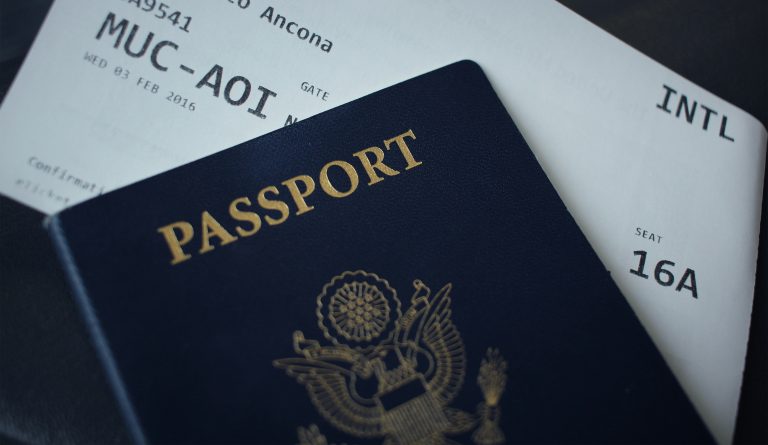A year after Italy became the first European country to impose a national lockdown to contain the spread of the coronavirus, the country has found itself once again, with new restrictions imposed as an effort to stop a third wave of infections that is threatening to wash over Europe.
Back to closing
More than half the country – including Milan and Rome – is already under the new regime, which placed any region with more than 250 cases per 100,000 automatically in the “red” category, meaning bars, restaurants and schools must close.

The whole country will be categorized as red during the Easter holiday weekend from 3 to 5 April, with people required to stay at home except for work, health or other essential reasons. Parents, children and teachers have protested the closures.
Failure in vaccination
Promises to vaccinate all Italians over 80 by the end of March have fallen woefully short, amid well-documented interruptions of vaccine supplies and organizational shortfalls. The Italian Medicines Agency (Aifa) announced the precautionary ban on using the vaccine after reports in Italy and elsewhere in Europe of people developing dangerous blood clots after receiving the jab. Aifa’s announcement came just hours after it declared that the alarm over the jab’s safety was “unjustified” and that “no causal links” had been shown between the vaccine and the blood clots.
Extension of ban of dismissal

Law Decree no. 41 of 2021 (which has come into force just last Tuesday), has further extended the ban on dismissal.
In particular, until 30 June 2021 employers are not allowed to:
– Commence collective dismissal procedures and are suspended those started after 23 February 2020, save the case of the staff hired under service contract agreement, re-hired by the new contractor in light of the provisions set forth by the law, NCBA or specific clause contained in the service agreement;
– Communicate individual dismissal for economic reasons and are suspended as well as the relevant procedures set forth by Article 7 of Law n. 604/1966.
In the period between 1 July 2021 and 31 October 2021, employers who submit the request of Assegno Ordinario and CIGD benefit (which are two types of supplementary salary paid by INPS (i.e. Italian Social Security Institute) in case of temporary lay-off), are not allowed to:
– Commence collective dismissal procedures and those started after 23 February 2020 are suspended, save the case of the staff hired under service contract agreement, re-hired by the new contractor in light of the provisions set forth by the law, National Collective Bargaining Agreement or specific clause contained in the service agreement;
-Communicate individual dismissal for economic reasons and are suspended are well the relevant procedures set forth for employees hired before 7 March 2015.
Who is exempt of the ban on dismissal?
– In the case of dismissal justified by the definitive cease of the company’s activity;
– In the case of dismissal justified by the definitive cease of business due to liquidation procedure, even partial, of the activity. However, in such scenario it is required that no transfer of undertaking – pursuant to article 2112 Italian Civil Code – takes place (i.e. transfer of a assets/activities that may constitute a transfer of the company or a branch of the same);
– In the hypothesis of a company collective agreement, signed by the trade unions that are comparatively more representative at a national level as an incentive for the termination of the employment relationship, limited to the employees who adhere to such agreement. The employees concerned are in any case entitled to unemployment benefit treatment;
– In the event of bankruptcy, where is not provided the temporary activity of the company and it is provided the definitive cease of the business. Where is provided the temporary activity of a specific branch, redundancies in other branches are excluded from the ban.






